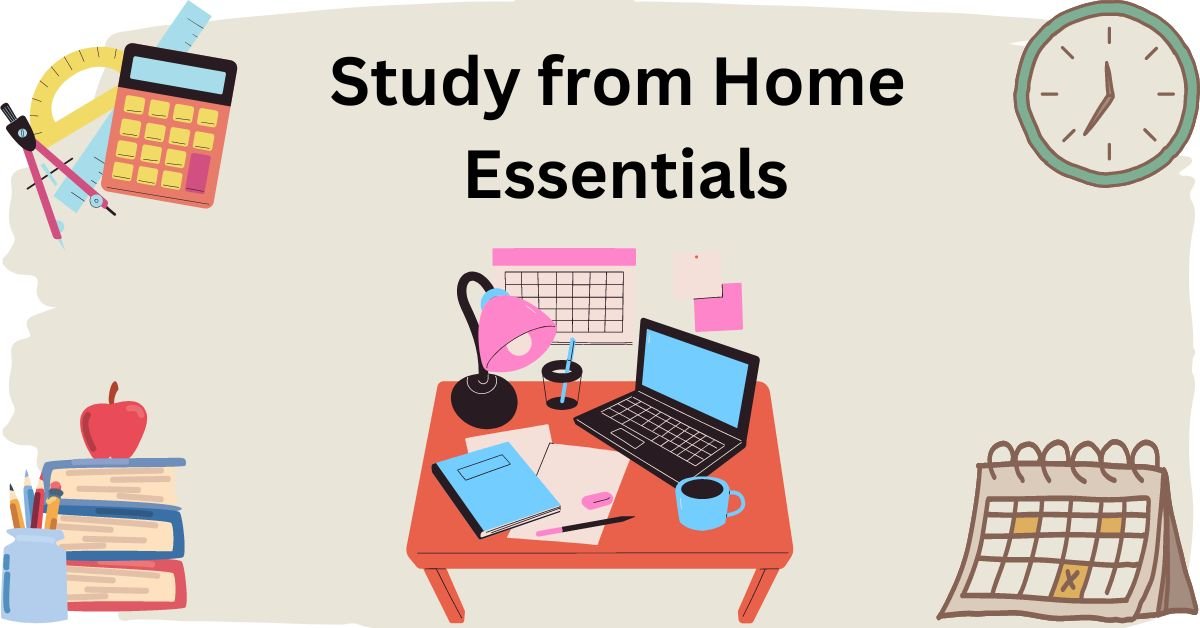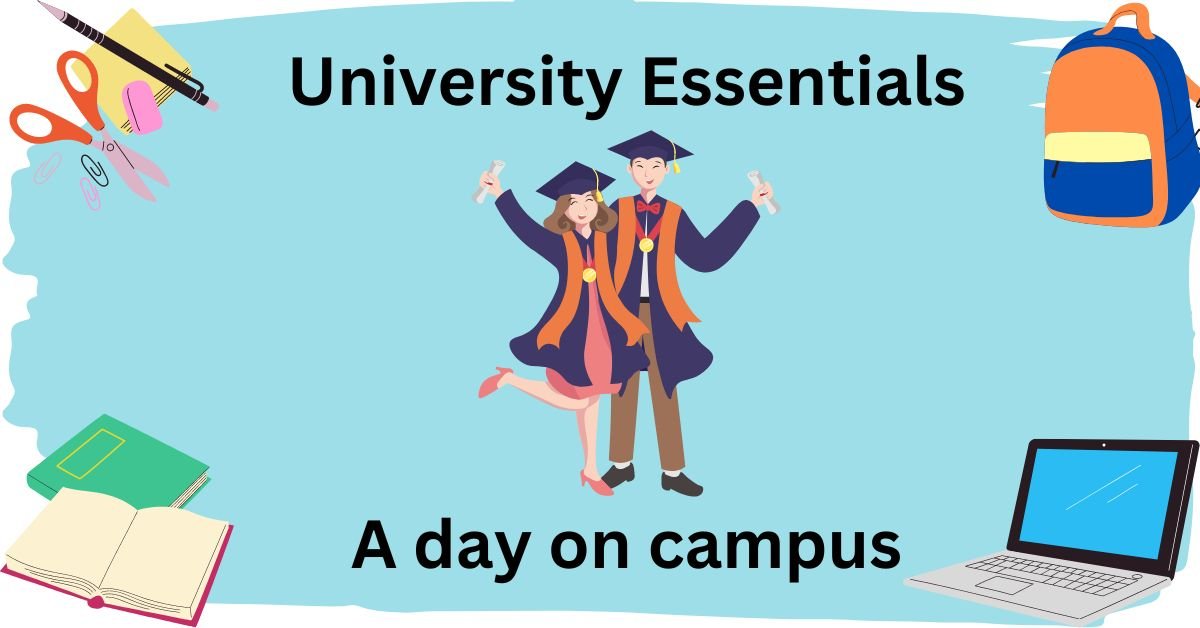Disclosure: The Graduate Samaritan is a free independent blog supported by its readers; this post may contain affiliate links that may earn a tiny commission to help the blog sustain itself, thank you for supporting this independent blog! (full disclaimer here)
Are you wondering how to write a personal statement as a mature student in the UK? You’re not alone — and yes, it can feel daunting if you haven’t been in education for a while.
But here’s the truth: being a mature student is your superpower. Your story, life experience, and perspective give you something admissions tutors genuinely value — depth, motivation, and resilience.
In this guide, we’ll walk through five practical steps to write a standout UCAS personal statement, plus helpful tools, FAQs, and study resources tailored to mature learners.
💡 What Is a Personal Statement?
Think of your personal statement as your academic story — your opportunity to show admissions tutors why you belong on the course.
It’s not about writing like a novelist — it’s about writing honestly. Explain what drives you, what you’ve learned through life and work, and how you’re ready to succeed in higher education.
🎯 Key message: Admissions tutors aren’t looking for perfection — they’re looking for purpose.
🪶 Step 1: Why Did You Choose This Subject?
Start strong. Explain what sparked your interest in this subject and why now is the right time to study it.
For mature students, motivation often stems from a mix of personal and professional experiences.
✏️ Example:
“I’ve always been fascinated by how economies function, but it was during my time managing budgets in the workplace that I truly appreciated the complexities of monetary policy. This inspired me to pursue a degree in economics.”
💬 Tip: Avoid naming specific universities — your UCAS statement goes to all of them. Instead, focus on universal themes and transferable passion.
🧩 Step 2: Highlight Your Qualifications & Skills
Don’t shy away from your academic past — frame it positively!
If your grades are older or non-traditional, focus on the skills and knowledge gained through your experiences:
- 🎯 Time management
- 💼 Leadership and teamwork
- 🧠 Problem Solving
- 📅 Meeting deadlines
Example:
“Although I didn’t pursue higher education after school, my career in project management taught me to handle tight deadlines, lead teams effectively, and think analytically — all of which will support my academic success.”
In the example above you would demonstrate credibility by connecting life lessons to academic readiness.
🎓 Bonus Tip: Discover The Power of Audiobooks
🎧 Bonus Tip: Check out the latest Audible Offers — you might be surprised how much value is included! It’s a great time to explore audiobooks and podcasts, which discuss complex topics in clearer, non-academic language, making them easier to understand and less overwhelming.
Choose Smart! Whether you use it for pleasure or personal growth is up to you, but we highly recommend making the most out of this resource. Our pick: Atomic Habits by James Clear – a great productivity read/listen!
🎧 Audible – The Ultimate Study Hack!
- 📚 Listen to Textbooks & Study Guides anytime, anywhere.
- 🧠 Boost Focus with expert knowledge and productivity podcasts.
- 🎧 Relax & Unwind with bestselling audiobooks after classes.
- 🔥 Explore New Audiobooks Every Month with your membership!
🧱 Step 3: Showcase Your Experience
This is where you shine. Whether you’ve been working, parenting, volunteering, or caring for others — it all counts.
Frame your experiences as strengths that make you a resilient, focused student.
Example:
“During my years as a full-time carer, I developed strong problem-solving and emotional resilience. These experiences deepened my empathy and inspired me to pursue social work.”
❤️ Step 4: Connect Your Interests to Your Degree
Show genuine engagement with your subject. Mention how you stay informed — books, podcasts, documentaries, online courses, or volunteering.
Example:
“My interest in psychology grew from volunteering at a local mental health charity, where I saw the transformative power of therapy. To deepen my understanding, I’ve been reading ‘The Man Who Mistook His Wife for a Hat’ by Oliver Sacks.”
Logical connections between your experiences and academic goals show preparedness and purpose.
🔥 Step 5: End with a Bang — Why You Deserve a Place
End confidently and positively by reinforcing your enthusiasm and future goals. Remember, universities want students who will contribute to their community and succeed beyond graduation.
Example:
“I’m eager to contribute to university life, engage with peers from diverse backgrounds, and apply my experience to enrich classroom discussions. My goal is to use my degree to make a tangible difference in public health.”
This will inspire empathy — show heart, growth, and determination.
🖥️ Looking to set up a productive study desk at home? Check out our Study From Home Essentials list and set up your study space effectively!
✍️ General Writing Tips for Writing a Personal Statement as a Mature Student
✅ Start broad, then refine — draft everything first, edit later.
✅ Keep a logical structure: Past → Present → Future.
✅ Read it aloud — if it sounds natural, you’re on track.
✅ Seek feedback from someone you trust (or a university advisor).
✅ Stay within 4,000 characters / 47 lines for UCAS.
⚖️ Personal Statement Comparison Table: Mature Student vs Traditional Applicants
| 🎓 Category | 👩💼 Mature Student | 🎒 Traditional Student |
|---|---|---|
| Life Experience | Rich with real-world context 🌍 | Limited, mostly academic 📘 |
| Motivation | Purpose-driven, clear goals 🎯 | Often exploring interests 🧭 |
| Study Habits | Structured and self-disciplined 🧠 | Still developing habits 🕐 |
| Challenges | Balancing work/family life ⚖️ | Adjusting to independence 🏠 |
| Strengths | Emotional intelligence & resilience 💪 | Energy & adaptability 🚀 |
📚 Recommended Study Guides for Mature Students
If you are a mature student returning to education, these study guides can make a huge difference: (p.n. links to Amazon UK)
- The Return to Study Handbook: Study Skills for Mature, Distance, and Workplace Learners.
- The Mature Student’s Guide to Writing (Palgrave Study Skills);
- The Mature Student’s Handbook: 47 (Macmillan Study Skills);
- Effective Notetaking (Study Skills), by Fiona McPherson; The Return to
💬 FAQs: Writing a Personal Statement as a Mature Student
Your UCAS personal statement can be up to 4,000 characters or 47 lines — including spaces and line breaks.
Yes. Many universities accept mature applicants with relevant experience or Access to HE Diplomas. Emphasise your motivation and transferable skills.
Be honest — focus on what you learned during that time. Resilience, caregiving, or volunteering all show character.
Only if relevant to your story or motivation. Keep the focus on your strengths and readiness.
Professional yet warm. Avoid clichés and keep your sentences clear and personal.
Remember: universities value life experience. You’re not behind — you’re bringing something others can’t.
Not directly. Instead of listing achievements, reflect on how those experiences shaped your goals.
Most 2025 undergraduate deadlines are mid-January, but check your specific university for mature-entry programmes.
You can note your bilingual skills as an asset — global perspective and communication strengths matter.
Print it out, read it aloud, and ask someone outside your field to check flow and clarity.
🎓 Conclusions: Your Journey Is Your Strength!
Writing a personal statement as a mature student is not about rewriting your past — it’s about reframing it as your power.
You bring resilience, motivation, and perspective that can’t be taught in a classroom. Tell your story with pride and purpose — because it deserves to be heard.
✨ Remember: Your journey is valid, your timing is perfect, and your experience is your greatest advantage.
Our next post will focus on how to prepare for university as a mature student, you might find that useful!
For more tips, check the UCAS personal statement section or university-specific guidance. Good luck!
🎓 University Essentials – Everything You Need for Uni
Did you know? We’ve put together tailored student essential lists to help you through every aspect of university life!
- 📝 Student essentials: Everything you’ll need to stay prepared, productive, and comfortable during a typical Uni day.
- 💡 Accommodation essentials: Make your space feel like home (and don’t forget the stuff everyone forgets!).
- 🖥️ Study from home essentials: Tools and tips to create a distraction-free, efficient study setup.
- 🥘 Kitchen essentials: From budget-friendly basics to smart cooking tools that make life easier.
- 🎧 Coolest gadgets for university: Level up your uni experience with tech and tools students actually use.
(Bonus paragraph) The Best Student Discount! 💸
Want to save money and enjoy exclusive perks? Unlock big savings with Amazon Prime Student, you can get 6 months FREE—and that’s just the beginning! Here’s what you’ll get with your free trial:
- 🚚 Free Next-Day Delivery on all your essentials—because who doesn’t love fast shipping?
- 🎬 Amazon Prime Video: Stream the latest films, TV shows, documentaries, and even live sports events.
- 🎶 Prime Music: Listen to ad-free music, playlists, and podcasts to stay focused while studying.
- 🎓 Student-Exclusive Offers: Get discounts on uni essentials, textbooks, and more.
And, if you love it (which you will), you can keep your Prime membership at half price until you graduate! 🎓
Ready to start? Follow this quick step-by-step guide to set up your Amazon Prime Student account:
- Visit the official Amazon Prime Student, landing page.
- Click on “Start Your 6-Month Trial” and then hit “Try Prime Student”.
- Sign in if you already have an account, or create one quickly.
- Enter your university email address (ending with .ac.uk).
- Provide your expected graduation year.
- Add your payment details (don’t worry, the first 6 months are totally FREE!).
- Verify your email (Amazon will send a confirmation to your uni address).
- Enjoy your Prime perks!
Don’t miss out on these incredible benefits—sign up today and get your free 6 months of Amazon Prime Student now!



